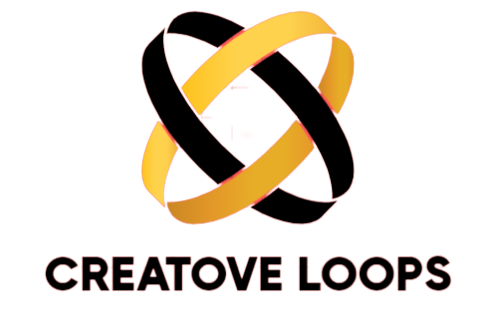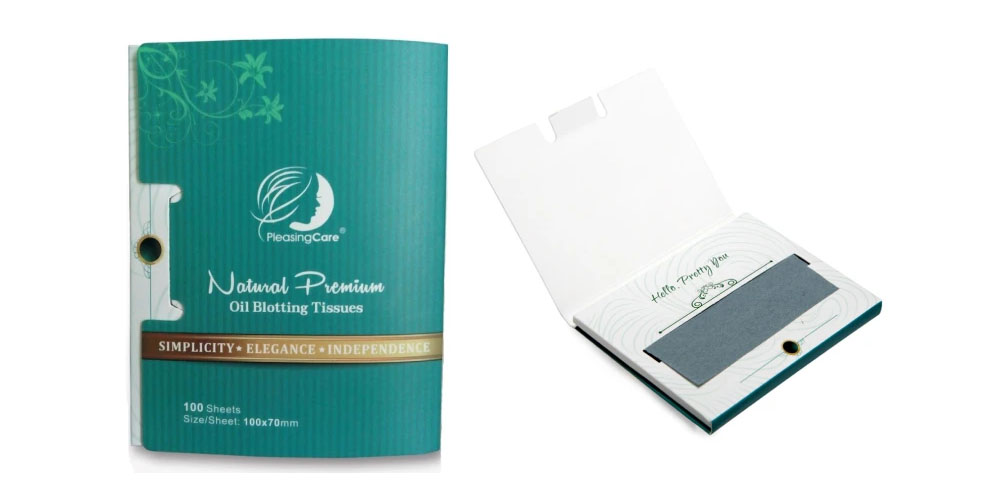You have probably tried or heard of blotting paper if you have oily skin. However, there is a lot of controversy surrounding these oil absorbing sheets. Some people refer to it as a scam, while others do not understand how it works. Some people also claim that this oil absorbing paper is harmful to the skin and can cause breakouts. However, most of this information is far from the truth. This post discusses all the basic facts you should know about oil absorbing sheets.
Oil absorbing sheet facts you need to know about
The only way to separate the truth from the numerous myths about oil blotting sheets is by understanding the facts. Below are some essential facts everyone should know about these products;
1. How do blotting sheets work?
The easiest way to explain how blotting paper works is by comparing it to tissue paper. When you place a piece of tissue on a surface with water or oil, you will automatically notice the tissue absorbing the oil or moisture. This is because tissue paper is made from absorbent material. This is the same way blotting sheets work. They are highly porous materials that attract moisture and oil. Therefore, when you place a blotting sheet on your face, it works as a tissue does when you put it on water. However, unlike tissue, blotting paper is usually thinner. It also does not disintegrate as it absorbs the oil and moisture. This is why blotting paper was invented as an alternative to tissue for cosmetic applications.
2. Who can use blotting paper?
Anyone can use blotting paper, including men. There is an assumption that blotting paper is only good for people with oily skin. However, most makeup products are made with creams and oils. Therefore, even people with dry and combination skin are bound to experience excess shine when wearing makeup. You can also use blotting paper to wipe sweat from your skin.
3. What materials are used to make blotting paper?
The performance of blotting paper is centered around its material. Blotting papers can be made from natural and synthetic products. Examples of synthetic materials used to make blotting paper include; vinyl and plastic. On the other hand, raw materials used to make blotting paper include bamboo, rice, flaxseed, wood, and hemp pulp. Many manufacturers also make blotting sheets from cotton on special paper machines.
4. Are blotting sheets treatments for oily skin?
Many brands claim that their oil absorbing sheets are oily skin treatments. However, this is a lie and a marketing strategy. The only thing blotting sheets do absorbing oil. This means that even if you use the sheets for years consecutively, you will permanently get rid of the oily nature of your skin. The only way to treat oily skin is to uncover the underlying cause and treat it.
Conclusion
Many people have expressed concerns over absorbing oil sheets stripping natural oils from the skin. This can happen if you do not use the products correctly. For instance, leaving the sheets on your skin for too long can cause unnecessary harm to your skin.












